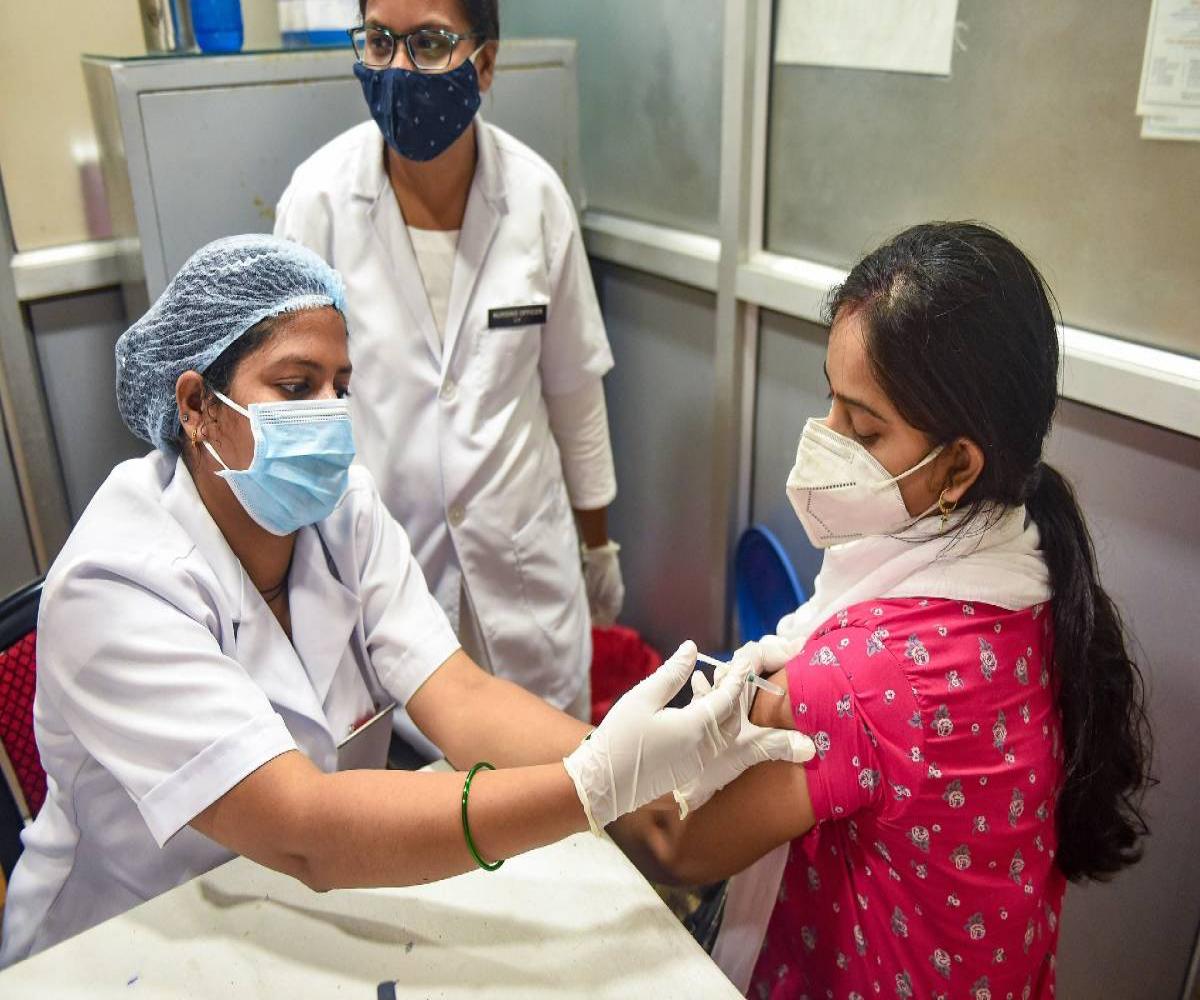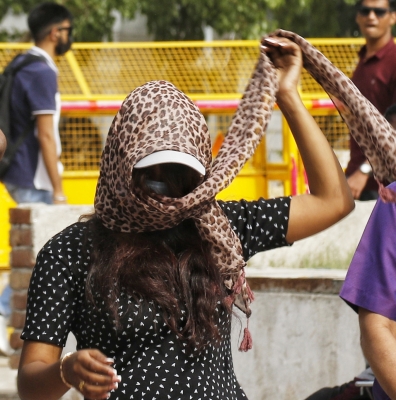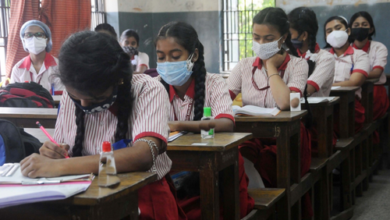
Washington, Mar 17: A fourth dose of existing mRNA Covid-19 vaccines may have only “marginal benefits” for younger, healthy adults, according to a new Israeli study published Wednesday in the New England Journal of Medicine.
The research assessed 270 health care workers at the Sheba Medical Center in Tel Aviv who received a second booster shot of either the Pfizer or Moderna vaccines, four months after initially getting three Pfizer shots.
Each was age-matched against two participants in a control group that had received only three doses of Pfizer, with the median ages in the groups ranging from mid-fifties to early sixties.
Overall, the fourth shot was found to be safe, and topped up recipients’ neutralizing antibodies — which block the coronavirus from infecting cells — to levels comparable to just after the third dose, prior to when antibody levels started waning with time.
The study took place when spread of the Omicron variant was rife in Israel, and it found that the fourth dose didn’t confer much added protection against infection, despite the reduction over time of antibodies among people who’d received just three shots.
Those who got a fourth shot of Pfizer were 30 percent less likely to acquire infection than those who got three doses, while those who got Moderna were 18 percent less likely to get infected.
The study included only a small number of participants and was not a randomized trial — meaning its conclusions should be interpreted with caution — but the results point towards only minor benefits from the extra dose.
Protection against symptomatic infection was slightly better in under-40 adult recipients of a fourth jab — 43 percent for Pfizer and 31 percent for Moderna — compared to people who received three shots.
The study authors, led by Gili Regev-Yochay, wrote that their research seems to indicate the advantages of three doses of vaccine designed against the original strain of coronavirus had hit a ceiling in terms of immune response, with additional boosters only restoring waned immunity, rather than taking it to new heights.
“Furthermore, we observed low vaccine efficacy against infections in health care workers, as well as relatively high viral loads suggesting that those who were infected were infectious. Thus, a fourth vaccination of healthy young health care workers may have only marginal benefits,” they said.
Outside experts said the findings showed the need to develop new vaccines.
“If Omicron continues circulating and we are still using the current first-generation Covid-19 vaccines against it, then I agree with the authors that the benefits to otherwise healthy, younger people will be marginal,” said Julian Tang, a clinical virologist at the University of Leicester.
“Any fourth dose boosters will be more beneficial to the older and more vulnerable groups (e.g. those with comorbidities),” he continued.”Ideally, we need new Covid vaccines designed specifically against Omicron if we want to improve this protection for the most vulnerable — in the same way that we update the seasonal flu vaccine each year — to ensure the best possible match against the currently circulating virus strain.”






